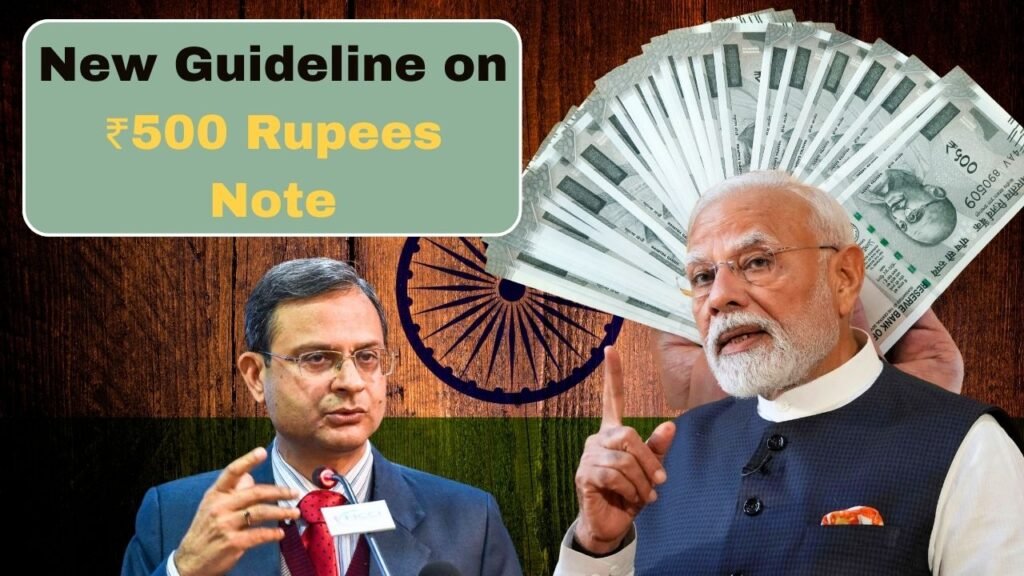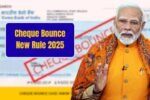The Reserve Bank of India (RBI) has shared new rules about ₹500 notes. If you also use ₹500 notes, it is important to know what RBI has said.
After the ban on ₹2000 notes, many fake news and rumors are spreading on social media about ₹500 notes. To avoid confusion, you must know the official instructions from RBI.
₹500 Notes in Circulation
RBI issues different currency notes like ₹100, ₹200, and ₹500. Among these, the ₹500 note is the highest value note in daily use.
Sometimes, ATMs give torn or damaged notes. People face problems while using them in shops or markets.
Now, RBI has made it clear that such notes can be exchanged easily at any nearby bank. RBI has also told people how to identify real ₹500 notes.
RBI’s New Guidelines to Identify ₹500 Notes
Recently, many reports about fake or damaged notes have gone viral. To stop confusion, RBI has explained how to check genuine notes and when a note will be called unfit.
A ₹500 note will be unfit if:
| Condition | Example |
| Torn | If the note is cut from edge to middle |
| Dirty | If the note has stains, dirt, or sticky marks |
| Damaged | If the note is weak or damaged due to overuse |
| Distorted print | If the graphics or print look unclear |
| Faded | If the color of the note has lost brightness |
RBI’s Instructions
If you have an old, torn, or damaged ₹500 note, do not worry. You can visit any bank branch and exchange it for a new one.
If a bank refuses to accept your note, you can file a complaint on the RBI complaint portal.
This step is to make sure people do not face problems while using or exchanging their money.
Conclusion
The ₹500 note is the most used currency in India today. RBI has made clear rules to help people identify genuine notes and exchange unfit ones without trouble. If you follow RBI’s instructions, you can use your notes safely and without worry.
Disclaimer
This article is only for information. The rules are based on RBI’s official updates. For the latest and accurate details, always check the RBI website or visit your bank.



